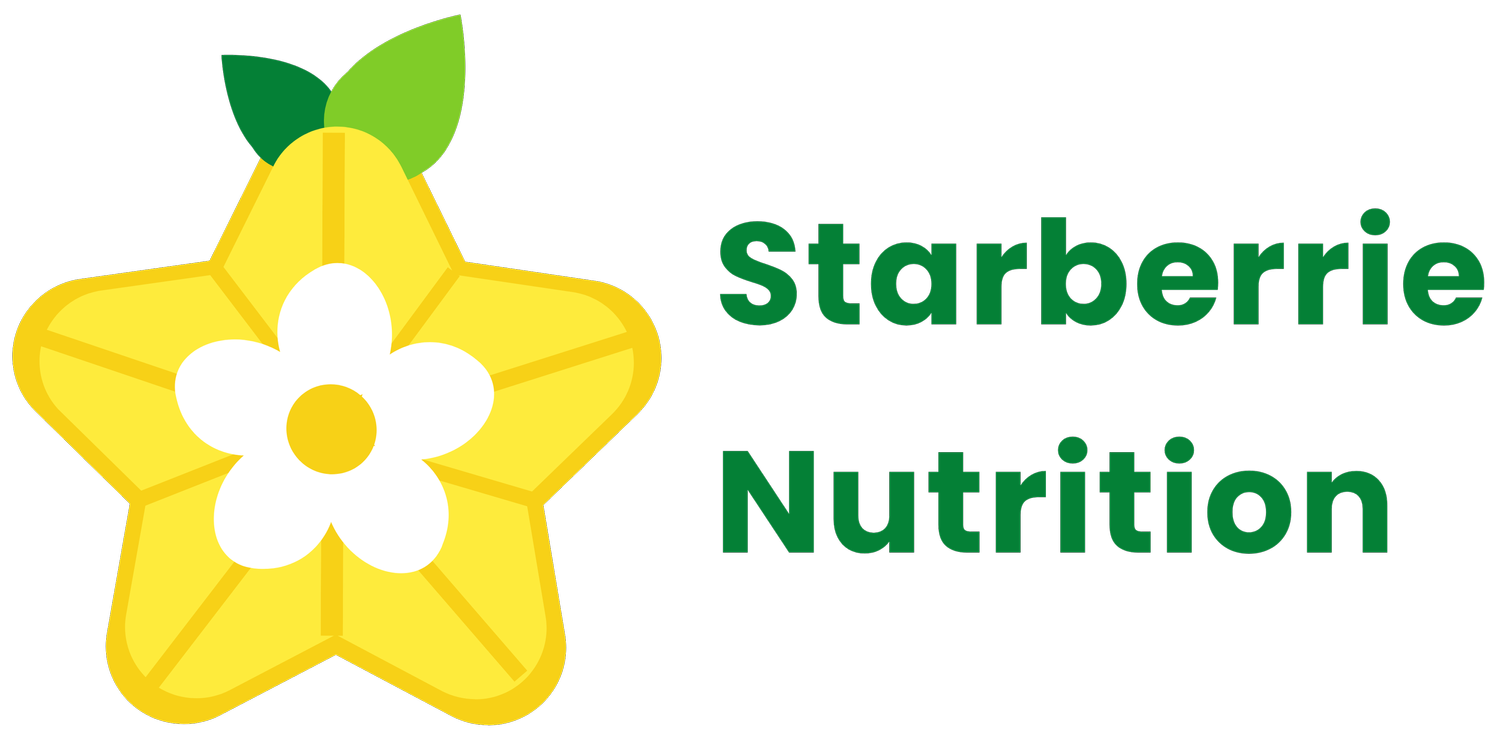Cracking the Crystal Code: Exploring Gout from A to Z
What is Gout?
Gout is a type of inflammatory arthritis that results from the deposition of uric acid crystals in joints, leading to severe pain, swelling, and redness. It primarily affects the joints, especially the big toe, but can also occur in the ankles, knees, wrists, and fingers.
What Causes Gout?
Understanding the root causes of gout is crucial. It's primarily attributed to elevated levels of uric acid in the blood, known as hyperuricemia. Uric acid is a natural waste product formed during the breakdown of purines found in foods.
Contributing Factors:
Dietary Choices: Consumption of purine-rich foods like red meat, organ meats, and shellfish can increase uric acid levels.
The relationship between gout and alcohol consumption is a subject of interest in scientific research. While it's important to note that individual responses to alcohol can vary, several studies have established a connection between alcohol and gout. Here's an overview of the scientific findings:
Increased Risk of Gout: Research consistently suggests that alcohol consumption is associated with a higher risk of developing gout. This relationship appears to be dose-dependent, meaning that the more alcohol one consumes, the greater the risk.
Type of Alcohol Matters: Some studies have found that certain types of alcoholic beverages may be more strongly linked to gout than others. Beer, in particular, has been associated with a higher risk, possibly due to its relatively high purine content and the fact that it may interfere with the excretion of uric acid.
Alcohol and Uric Acid: Alcohol can influence uric acid metabolism in several ways. It can increase the production of uric acid in the body and reduce its excretion by the kidneys. This can lead to higher uric acid levels in the blood, which is a key factor in the development of gout.
Moderation is Key: Some research suggests that moderate alcohol consumption may not significantly increase the risk of gout in individuals who do not have a history of the condition. However, excessive or heavy drinking is consistently associated with a higher risk.
Alcohol and Gout Flare-ups: For individuals who already have gout, alcohol consumption, especially in large quantities, can trigger gout flare-ups. During an acute attack, alcohol should be avoided as it can exacerbate symptoms. It's important to emphasize that while alcohol consumption is a recognized risk factor for gout, it's not the sole factor.
Genetics: Family history can play a role in gout susceptibility. The strongest link has been found with the genes SLC2A9 and ABCG2.
Obesity: Excess body weight can lead to higher uric acid production.
Medical Conditions: Conditions like hypertension and kidney disease may contribute.
Symptoms of Gout:
Intense Joint Pain: Gout attacks often begin suddenly and typically occur at night. The pain is described as throbbing and excruciating.
Swelling and Redness: The affected joint becomes swollen and turns red due to inflammation.
Limited Mobility: Joint movement becomes difficult during an attack.
Interesting Facts about Gout:
Historical Connection: Gout has been nicknamed the "disease of kings" because it was historically associated with rich, indulgent diets.
Gender Differences: Gout is more common in men, but the risk increases in postmenopausal women.
Gout and the Heart: Research suggests that gout may be associated with an increased risk of heart disease.
Conventional Treatments:
Medications: Nonsteroidal anti-inflammatory drugs (NSAIDs), colchicine, and corticosteroids help manage pain during acute gout attacks.
Urate-Lowering Drugs: Allopurinol and febuxostat can reduce uric acid levels in the long term.
Holistic Approaches:
Dietary Changes: Encourage a low-purine diet rich in fruits, vegetables, whole grains, and lean proteins.
Hydration: Staying well-hydrated helps flush excess uric acid from the body.
Supplements: Vitamin C and fish oil supplements may be beneficial.
Lifestyle: Stress management and regular exercise can help prevent gout attacks.
-
Dalbeth, N., Choi, H.K., Joosten, L.A.B. et al. Gout. Nat Rev Dis Primers 5, 69 (2019). https://doi.org/10.1038/s41572-019-0115-y
Fenando A, Rednam M, Gujarathi R, et al. Gout. [Updated 2022 Dec 27]. In: StatPearls [Internet]. Treasure Island (FL): StatPearls Publishing; 2023 Jan-. Available from: https://www.ncbi.nlm.nih.gov/books/NBK546606/
George C, Minter DA. Hyperuricemia. [Updated 2023 Feb 11]. In: StatPearls [Internet]. Treasure Island (FL): StatPearls Publishing; 2023 Jan-. Available from: https://www.ncbi.nlm.nih.gov/books/NBK459218/
Li, R., Yu, K., & Li, C. (2018). Dietary factors and risk of gout and hyperuricemia: a meta-analysis and systematic review. Asia Pacific journal of clinical nutrition, 27(6), 1344–1356. https://doi.org/10.6133/apjcn.201811_27(6).0022
Reginato, A. M., Mount, D. B., Yang, I., & Choi, H. K. (2012). The genetics of hyperuricaemia and gout. Nature reviews. Rheumatology, 8(10), 610–621. https://doi.org/10.1038/nrrheum.2012.144
Wang, M., Jiang, X., Wu, W., & Zhang, D. (2013). A meta-analysis of alcohol consumption and the risk of gout. Clinical rheumatology, 32(11), 1641–1648. https://doi.org/10.1007/s10067-013-2319-y
If you would like some guidance on how to use food to heal your gut, improve your heart and metabolism, & rebalance your hormones, schedule a free 15-minute consult to see how we can help you get started!



